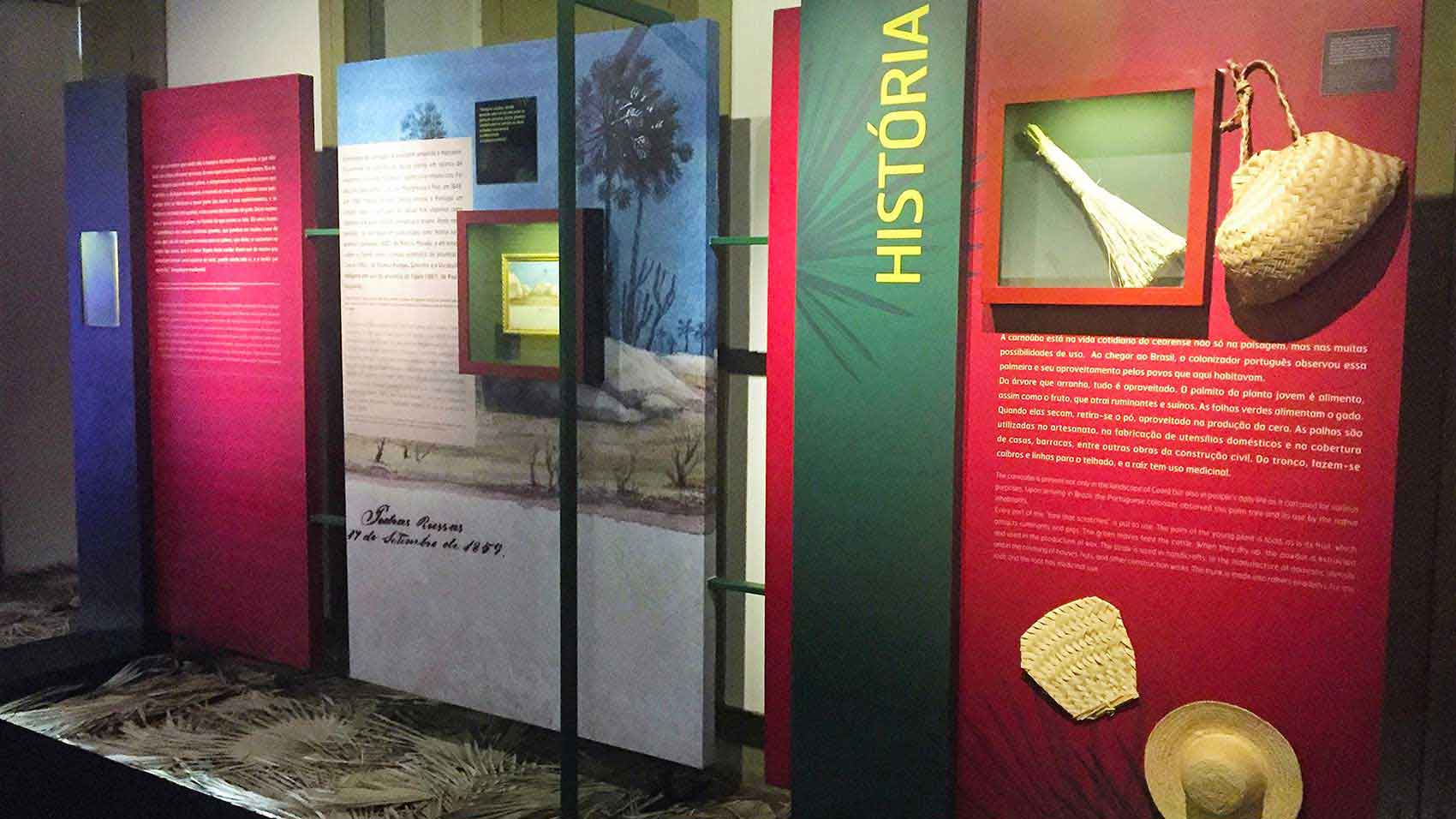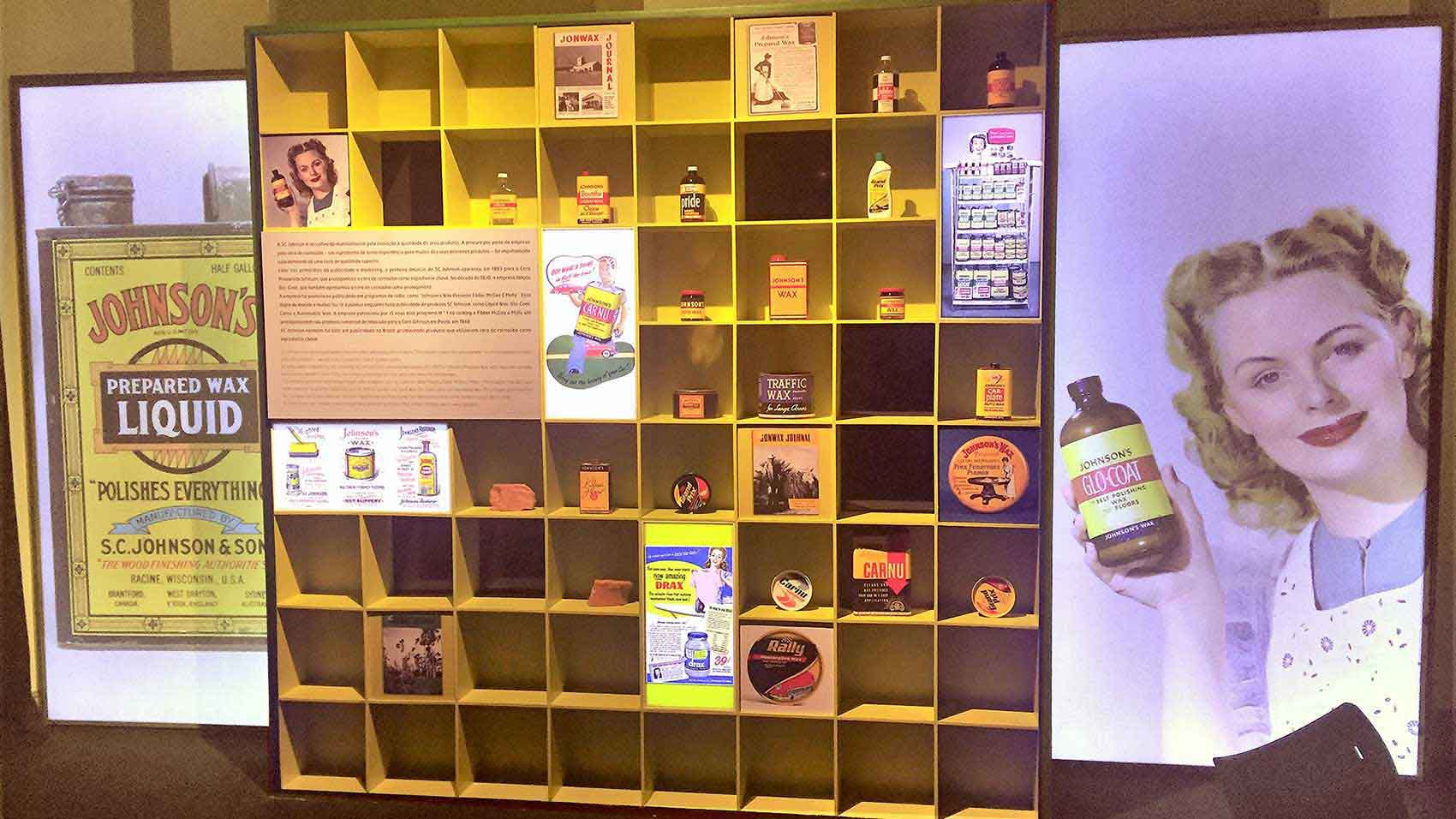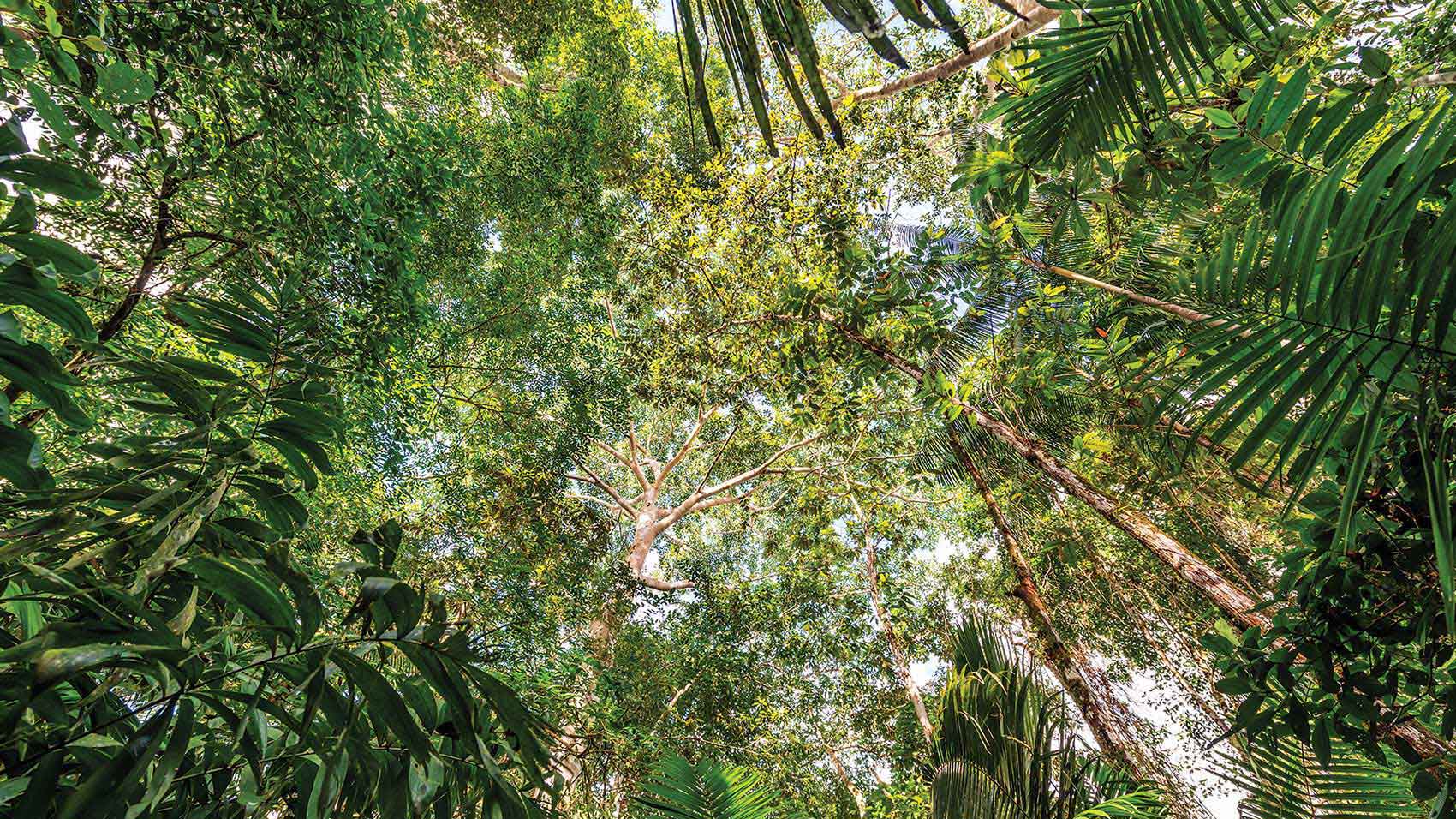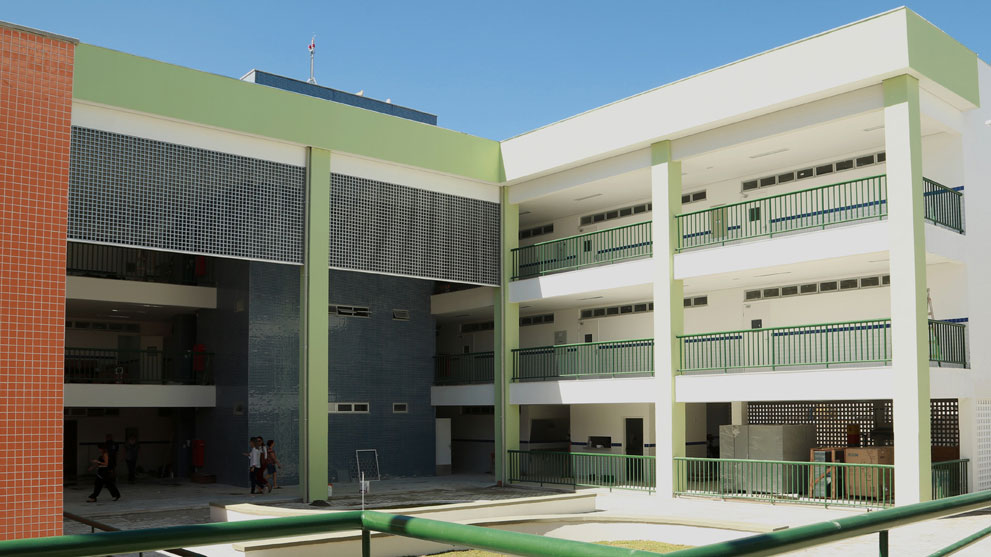5 minute read
Celebrating Carnaúba: SC Johnson Sponsors Educational Exhibit about the Carnaúba Palm in Brazil
For more than 80 years, the carnaúba palm, and its valuable carnaúba wax, have represented the State of Ceará in Brazil. Yet for us at SC Johnson, the palm means something even more. It’s a testament to our commitment to preserving natural resources, and a key ingredient in our history of growth.
In 2017, in partnership with the Museum of Industry in Fortaleza, Brazil, Social Service of Industry (SESI) and Federation of Industry of Ceará (FIEC), we were proud to help open an exhibit called "Carnaúba: Tree of Life."
In 2017, in partnership with the Museum of Industry in Fortaleza, Brazil, Social Service of Industry (SESI) and Federation of Industry of Ceará (FIEC), we were proud to help open an exhibit called "Carnaúba: Tree of Life."

The exhibit discusses the history of the carnaúba palm in Brazil, its uses and impact.
The Carnaúba Palm has a Legacy to Remember
“Carnaúba: Tree of Life” celebrates our long history with the carnaúba palm and with Fortaleza, Brazil. It began when our third-generation leader, H.F. Johnson, Jr., traveled to Fortaleza in 1935 seeking a permanent reserve of carnaúba wax. The wax was the principle ingredient in the company’s products at that time.
Two years after the trip, we opened a factory in Brazil and became the first company to refine carnaúba palm wax. We also became the first manufacturing company in Brazil to fund and encourage scientific research on the carnaúba palm itself.
At the exhibit, guests experience the history of the carnaúba palm, its industrialization and the unique role our company has played to ensure its sustainability for future generations.
"My grandfather’s journey in 1935 marked the beginning of our company’s relationship with Brazil – a strong bond that continues to this day."
- Fisk Johnson, Chairman and CEO of SC Johnson
Sustaining the Carnaúba Palm in Brazil
Following the original carnaúba expedition in 1935, SC Johnson went on to open a carnaúba wax processing plant in Fortaleza in 1937. Our plantation in Ceará, opened in 1938, served as a research center for the growing, harvesting and refining of carnaúba and other waxy palms.
The 400-acre plantation was later donated to the Escola de Agronomic of the University of Ceará for the continued study of the trees.
It’s an honor that our role in modernizing wax extraction, and our investment, research and streamlining of the manufacturing process, are documented in the museum’s exhibit. It features interactive scenery and explains the carnaúba palm’s important role in the region’s habitat, socio-cultural norms and its economy.
“We are honored to partner with SC Johnson,” said Luis Carlos Sabadia, Museum of Industry in Fortaleza (SESI), about the opening of the exhibit. “The company has been a leader in helping preserve our natural resources for decades, and sponsoring this exhibit showcases their deep ties and continued support for the area.”
Added our Chairman and CEO, Fisk Johnson, “We are committed to protecting the environment and the sustainability of the carnaúba palm. We are proud to sponsor this exhibit to highlight the history, its importance in the region and our long-standing legacy in Brazil.”

Over the years, carnaúba palm wax has been used in successful SC Johnson products sold all over the world.
SC Johnson Celebrates 80 Years in Brazil
SC Johnson has operated in Brazil for more than 80 years. We have a commercial business regionally headquartered in Rio de Janeiro and a factory in Manaus. Plus, we’ve helped protect Brazil’s environment and resources for decades. For example, our manufacturing plant in Manaus has achieved zero waste to landfill status, a protocol estimated to keep some 91 tons of refuse out of Brazilian landfills each year.
We also contributed to the protection of two reserves in Brazil’s Caatinga ecoregion in the 1990s. And, working with Conservation International (CI), we’ve helped protect more than 100,000 acres of land – much of that in the Amazon region. In October 2017, we shared our support with CI for the world’s largest tropical reforestation project. It will restore nearly 70,000 acres in the Brazilian Amazon.


